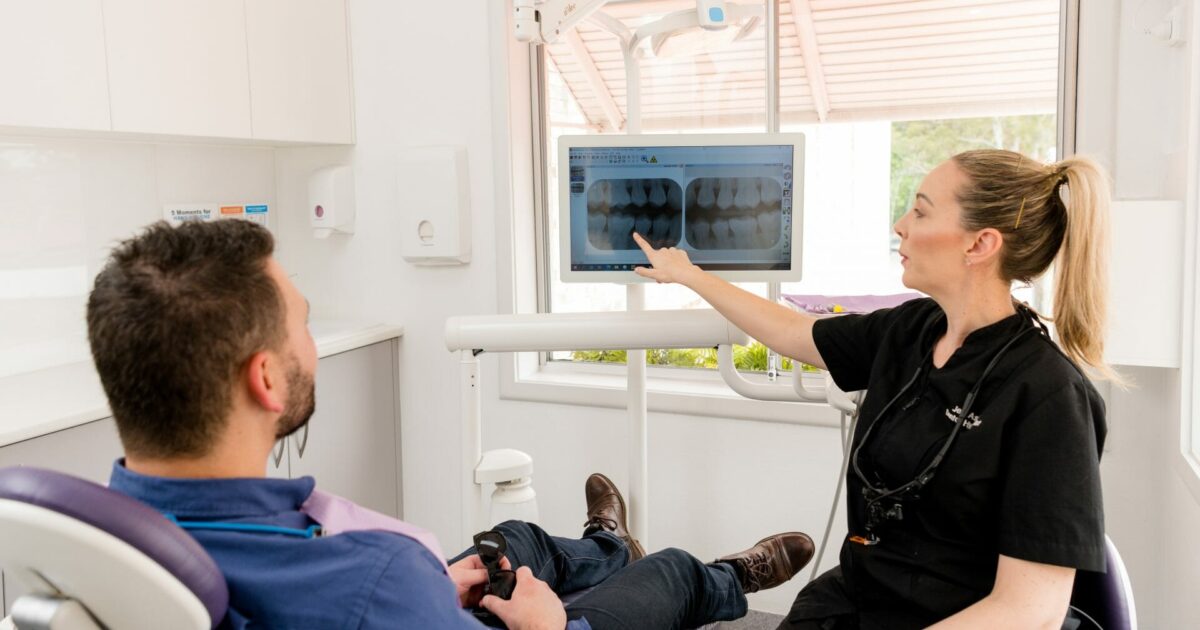Jaw reduction surgery, also known as mandibular contouring or reduction genioplasty, is a cosmetic procedure that involves the reshaping of the jawline to achieve a more aesthetically pleasing facial profile. While it can provide significant improvements in appearance, there are risks associated with the surgery that patients should be aware of before undergoing the procedure.
What is Jaw Reduction Surgery?
Jaw reduction surgery involves the removal of bone and/or soft tissue from the jawline to create a slimmer, more contoured appearance. The procedure can be performed on the mandible (lower jaw) or the maxilla (upper jaw), depending on the individual’s needs.
The surgery is typically performed under general anesthesia and involves incisions inside the mouth to access the jawbone.
The surgeon will then remove the desired amount of bone and/or soft tissue before repositioning and securing the remaining structures. The incisions are then closed with sutures, and the patient is typically sent home on the same day.
Risks of Jaw Reduction Surgery
While jaw reduction surgery is generally safe and effective, there are risks and potential complications associated with the procedure. These include:
Infection
Like any surgery, there is a risk of infection at the site of incision. Patients may be prescribed antibiotics to help prevent infection, but it’s important to follow post-operative care instructions carefully to minimize the risk of infection.
Swelling and bruising
Swelling and bruising are common after jaw reduction surgery, and can persist for several weeks after the procedure. Patients may be advised to apply cold compresses to the affected area and elevate their head to reduce swelling.
Numbness
There is a risk of temporary or permanent numbness in the lower lip, chin, and jaw following jaw reduction surgery. This is because the surgery can damage nerves in the area. In some cases, sensation may return on its own, but in others, additional treatment may be needed to address the issue.
Bite problems
Jaw reduction surgery can alter the bite, which may cause difficulty chewing or speaking. In some cases, the bite may need to be adjusted with orthodontic treatment or additional surgery.
Bone reabsorption
There is a risk of bone reabsorption following jaw reduction surgery, which can result in a loss of definition in the jawline. This is more likely to occur in patients who undergo aggressive reduction of the jawbone.
Dissatisfaction with results
While many patients are happy with the results of their jaw reduction surgery, there is a risk of dissatisfaction with the outcome. It’s important for patients to have realistic expectations and to discuss their desired results with their surgeon prior to the procedure.
Need for revision surgery
In some cases, patients may require revision surgery to address issues such as unevenness or asymmetry in the jawline. Revision surgery may be more complicated than the initial procedure and may require longer recovery time.
Who is a Candidate for Jaw Reduction Surgery?
Jaw reduction surgery may be a suitable option for individuals with a prominent or asymmetrical jawline who wish to achieve a more balanced and aesthetically pleasing facial profile. However, not everyone is a candidate for the procedure.
Ideal candidates for jaw reduction surgery:
- Are in good overall health
- Have a fully developed jawbone
- Have realistic expectations for the outcome of the procedure
- Are willing to follow post-operative care instructions carefully
Patients who have a history of jaw problems, such as temporomandibular joint (TMJ) disorder, may not be good candidates for jaw reduction surgery.
Conclusion
Jaw reduction surgery can provide significant improvements in appearance for individuals with a prominent or asymmetrical jawline. However, like any surgical procedure, there are risks and potential complications associated with the surgery that patients should be aware of before undergoing the procedure.
It’s important to discuss the risks and benefits of the surgery with a qualified and experienced surgeon prior to making a decision.
Patients should also carefully consider their reasons for wanting the surgery and have realistic expectations for the outcome. While jaw reduction surgery can provide a more balanced facial profile, it may not be able to address underlying issues such as self-esteem or body image concerns.





